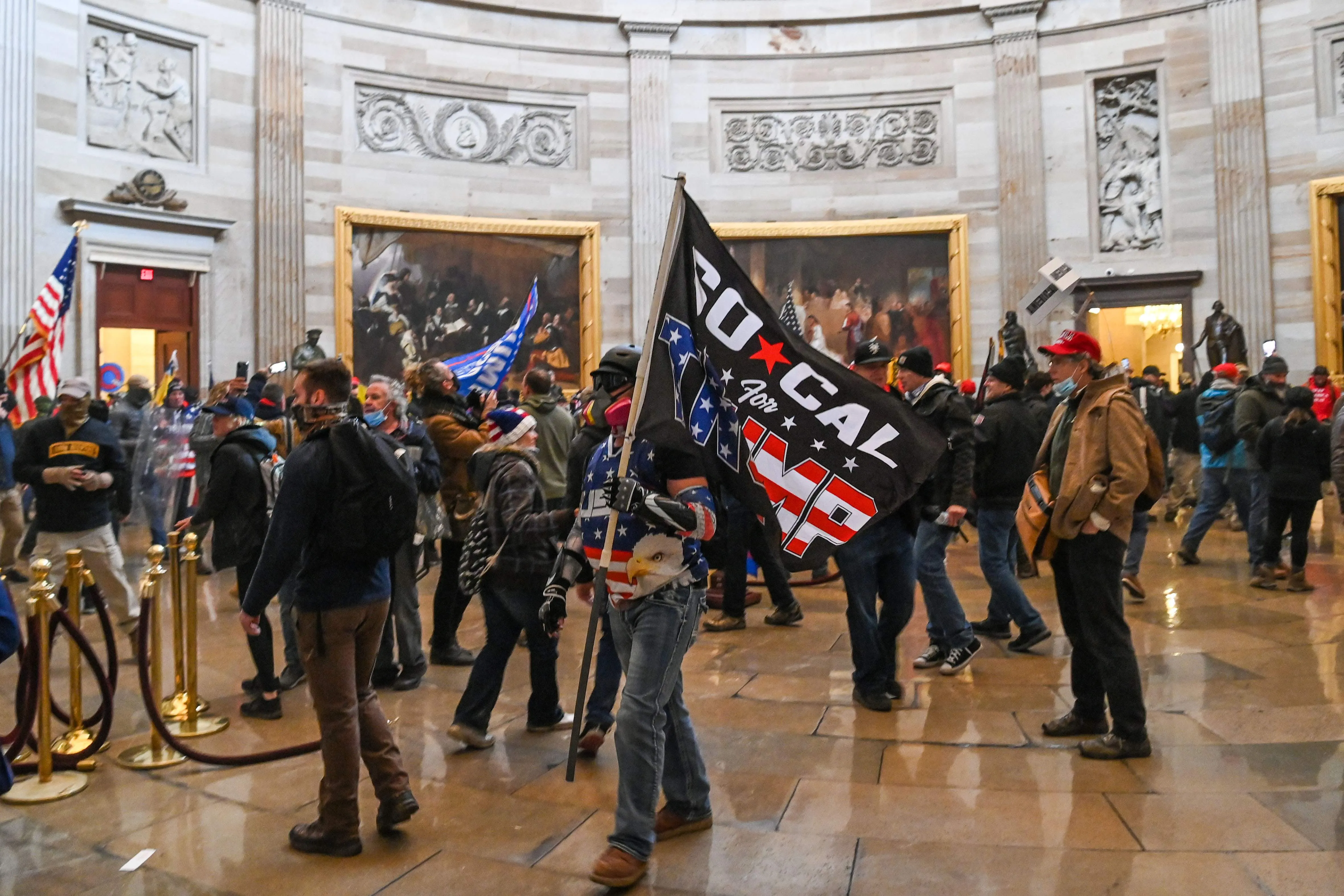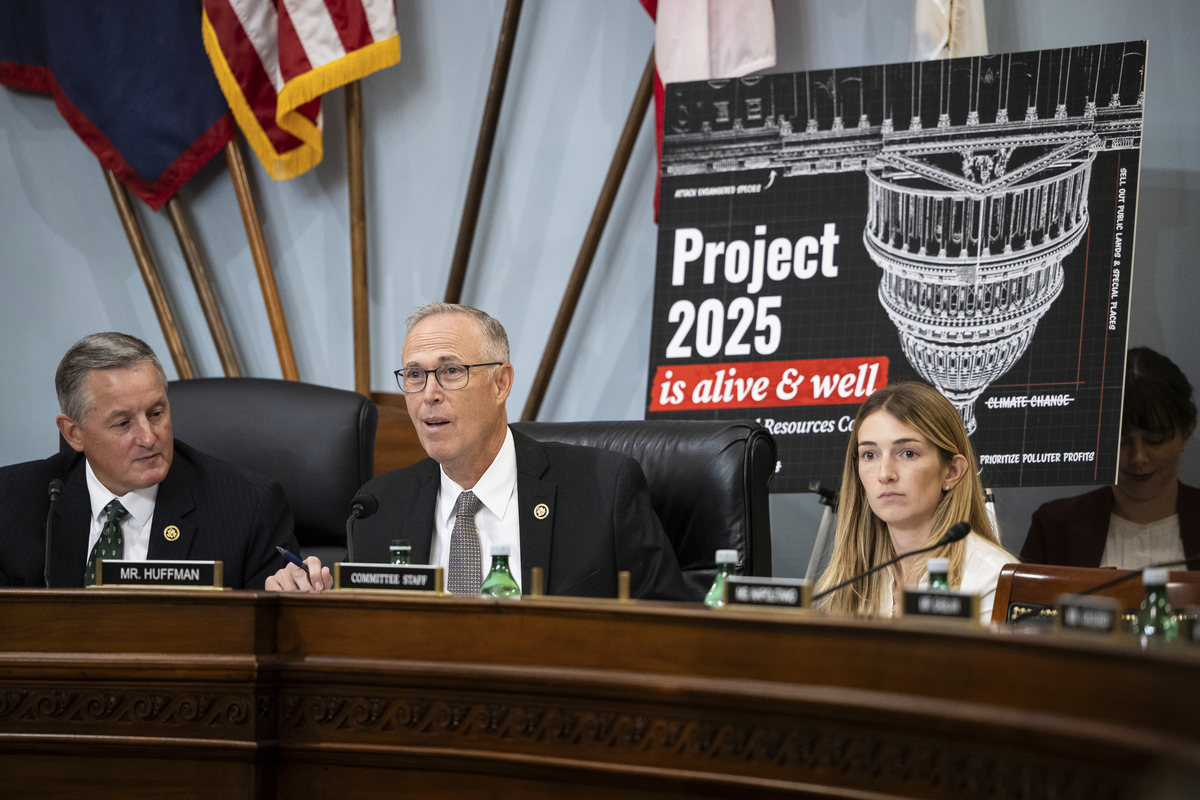In a shocking turn of events, Senator Mike Lee has withdrawn his proposal to sell off federal lands, a move that could have jeopardized access to approximately 640 million acres of public land—almost 28% of the total land in the United States. The implications of this proposal echo through our democratic governance and civil rights frameworks, raising pressing questions about the future stewardship of these vital resources.
Understanding Public Land Ownership
The federal government claims ownership over a staggering 640 million acres of land, a significant portion that has been maintained for public use since the founding of this nation. The history of federal land ownership stretches back to when the original thirteen states ceded their western territories, establishing a public domain intended to benefit all Americans. This historical context is crucial, as it underscores the importance of safeguarding these lands from privatization and exploitation.
The Role of the Bureau of Land Management
According to the Bureau of Land Management (BLM), the stewardship of these lands is governed by the Federal Land Policy and Management Act (FLPMA), enacted in 1976. This legislation emphasizes a balanced approach to land use, prioritizing both preservation and public accessibility. The BLM has been instrumental in adapting its management strategies to meet the evolving needs of the American populace, as highlighted in their recent blog post discussing FLPMA"s continued relevance.

Photos show protest at US Capitol as rioters storm building
Consequences of Privatization
The idea of selling federal lands is not merely an economic issue; it intersects deeply with civil rights and social justice. Privatization could lead to increased barriers for marginalized communities, who already face significant obstacles in accessing natural resources and public spaces. The potential for land grabs raises alarms about environmental justice, especially given the disproportionate impact of environmental degradation on low-income and minority communities. The historical context of land ownership, and the ongoing struggles for equitable access, cannot be ignored.
The Resilience of Democratic Governance
This latest proposal from Senator Lee, although retracted, serves as a reminder of the ongoing threats to public lands from certain factions within our government. As reported by the Department of Justice, the federal government has employed eminent domain powers historically to acquire land for public use. The possibility of reversing these gains through privatization reflects a broader trend of undermining democratic governance, where profit motives overshadow public welfare.

Westerman"s NEPA bill shakes up permitting talks - E&E News ...
The Need for Vigilance
Communities across the nation must remain vigilant against any future attempts to commodify public lands. The fight for civil rights is intrinsically linked to environmental justice, as access to clean air, water, and green spaces is a fundamental human right. The ongoing dialogue surrounding land management and public resources must include the voices of those who have been historically marginalized, ensuring that all Americans have a stake in their shared environment.



![[Video] Gunfire between Iraqi security forces and Sadr militias in Baghdad](/_next/image?url=%2Fapi%2Fimage%2Fthumbnails%2Fthumbnail-1768343508874-4redb-thumbnail.jpg&w=3840&q=75)
